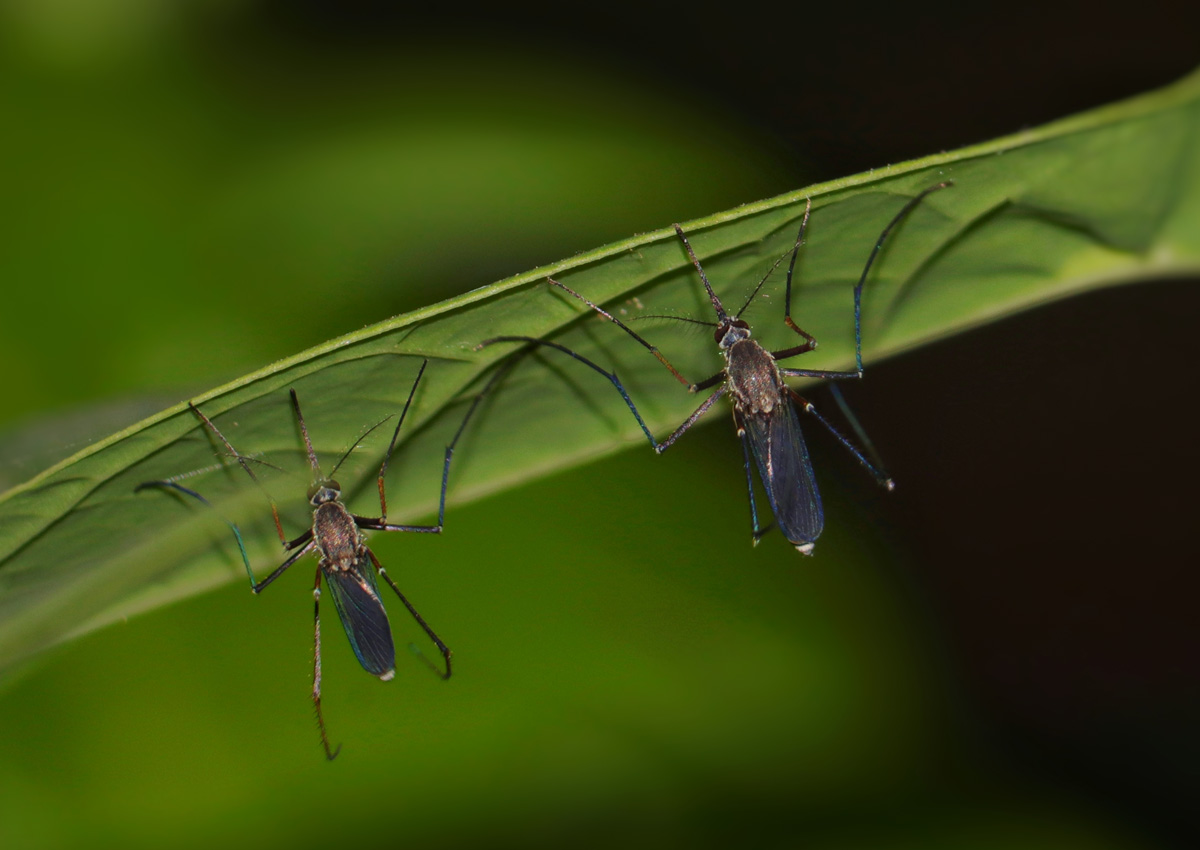
Scientists Use CRISPR to Target Disease Spread from Mosquitoes
September 15, 2021| |
Researchers at the Pilbright Insitute have used CRISPR-Cas9 to prevent the southern house mosquito from spreading human and animal diseases.
The female southern house mosquito largely feeds on birds, resulting in the transmission of avian malaria, an important contributor to the extinction of several avian species. This mosquito species also target mammals, spreading diseases such as lymphatic filariasis, for which there are 50 million human cases worldwide. Current control strategies for the southern house mosquito are heavily dependent on the use of insecticides. However, this practice poses harm to both human and ecosystem health and are becoming increasingly ineffective with the rise of resistance.
The research team has successfully introduced a gene for a fluorescent protein into the genome of southern house mosquitoes using CRISPR-Cas9. The inserted gene produces red fluorescence proteins so that mosquitoes with one or more edited genes fluoresce red. Scientists targeted an eye color gene for the insertion site of the fluorescence gene so mosquitoes that inherited two edited genes would have white eyes, not black. Both these traits make it easier for scientists to easily identify mosquitoes whose genomes had been modified. Mosquitoes that had white eyes did not survive into adulthood.
For more details, read the article in UK Research and Innovation.
| |
You might also like:
- Scientists Develop Gene-Edited Mosquito to Help Eliminate Malaria
- Scientists Explore on Genetic Transformation of Mosquitoes
- U.S. EPA Grants Approval to Conduct GE Mosquito Field Trials
Biotech Updates is a weekly newsletter of ISAAA, a not-for-profit organization. It is distributed for free to over 22,000 subscribers worldwide to inform them about the key developments in biosciences, especially in biotechnology. Your support will help us in our mission to feed the world with knowledge. You can help by donating as little as $10.
-
See more articles:
-
News from Around the World
- Researchers Sequence Shea Tree Genome to Support Breeding, Conservation Efforts
- Asian Regional Workshop on Current and Upcoming Items under the CBD and its Protocols
- Genetically Engineered Soybeans Produce Cow-less Cheese
- Label Information Increases Purchase Appeal of GM Foods -Study
- Study Shows Filipino Biotech and Organic Farmers Open to Co-Existence
- Filipino Scientist Identifies Gene to Help Rice Plants Survive Drought
-
Research Highlights
- Researchers Develop Astaxanthin-rich Maize
-
Plant
- Scientists Use CRISPR to Target Disease Spread from Mosquitoes
- BLB-resistant Vietnamese Rice Developed Using CRISPR-Cas9
- Researchers to Use Gene-editing Technology to Incite Crop Regeneration
- MIT Experts Find Programmable Gene Editing Proteins outside of CRISPR Systems
- Nigeria Moots for a Multidisciplinary Approach to Genome Editing
-
Read the latest: - Biotech Updates (January 28, 2026)
- Gene Editing Supplement (January 28, 2026)
- Gene Drive Supplement (February 22, 2023)
-
Subscribe to BU: - Share
- Tweet

